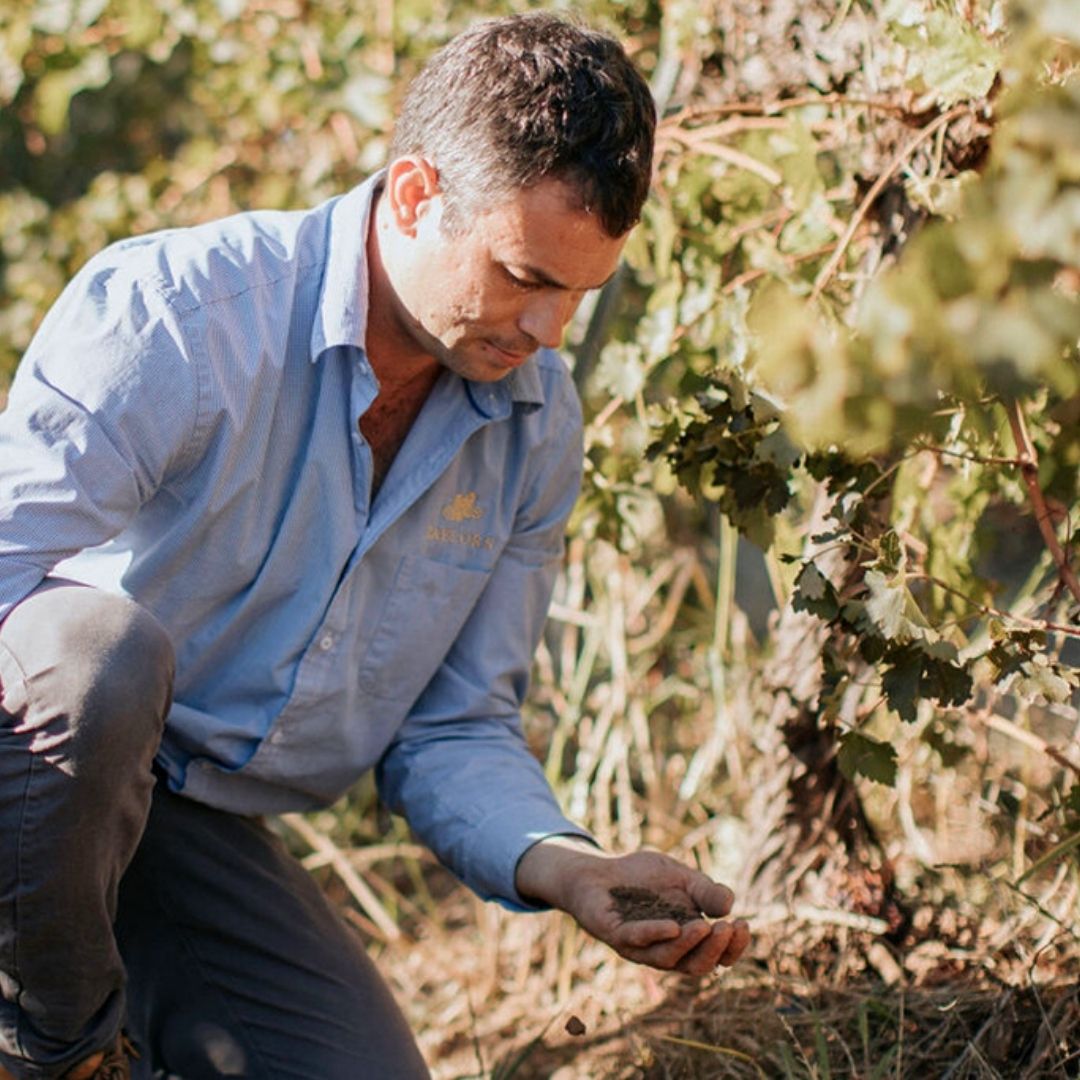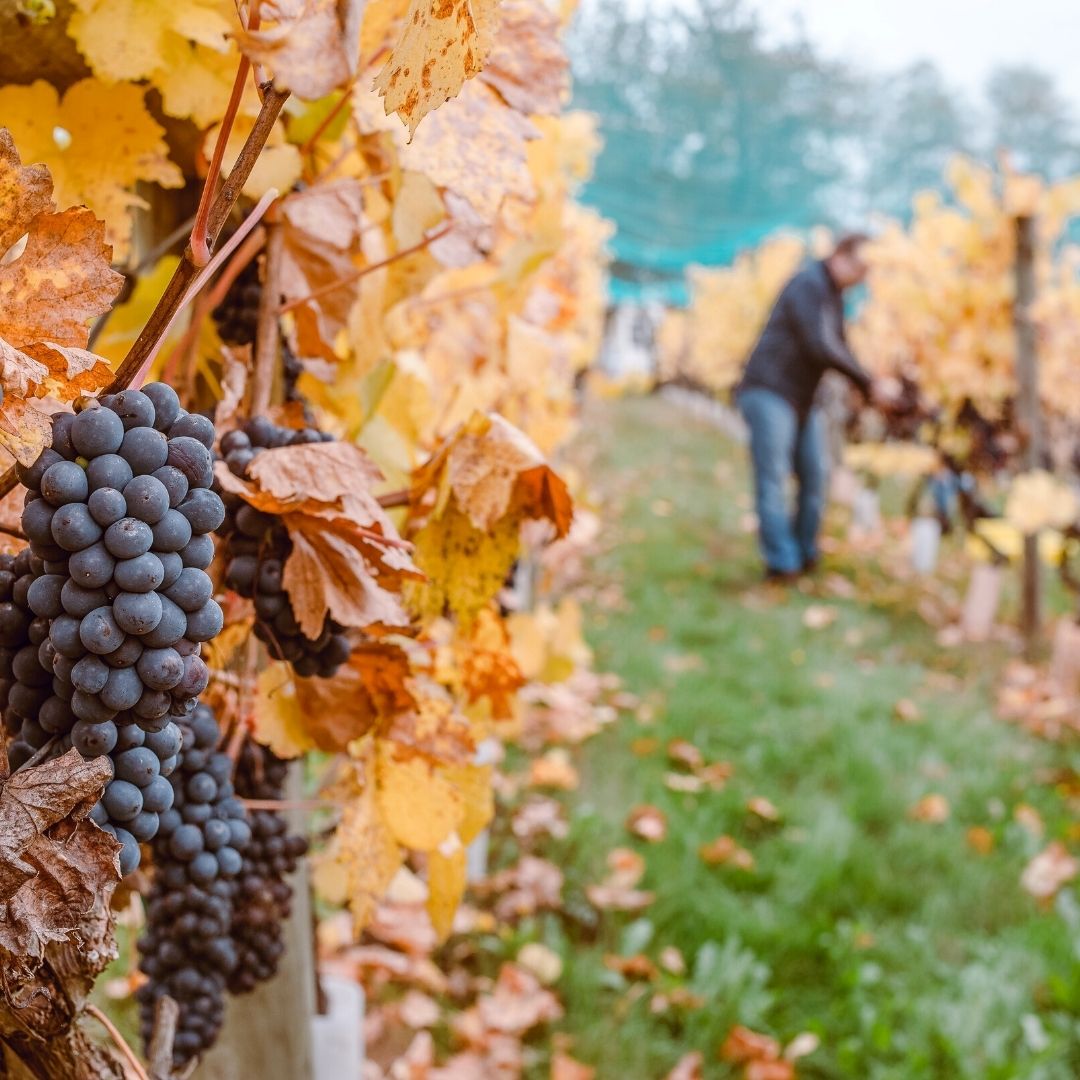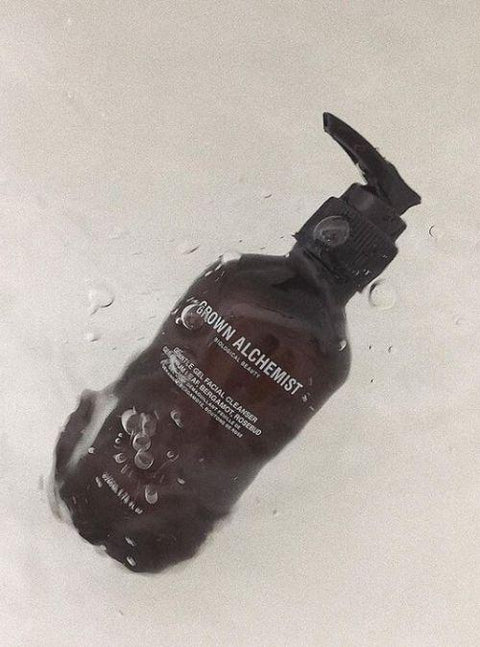Are you a wine-lover? Good news! South Australian winery, Taylors Wines, is the first independent winery in Australia to adopt emissions reduction targets in line with the Paris Agreement! Let’s explore why this is so important and how it could transform the wine industry as we know it.


The Science Based Targets initiative (SBTi)
For 50 years, Taylors Wines have tended to the vineyards in Clare Valley’s beautiful wine region in South Australia. The family-owned winery has an extraordinary team of environmentally-focused individuals — that’s why they’ve become the first independent winery in Australia to become a signatory to the Science Based Targets initiative (SBTi). The SBTi encourages ambitious corporate climate action through science-based emissions reduction targets. So far, a massive 1,696 global companies have signed up to the SBTi.
For Taylors Wines, this commitment means achieving a 50 per cent reduction in Scope 1 and Scope 2 emissions by 2030, and achieving net-zero emissions by 2050! Dermot O’Gorman, CEO of WWF-Australia, says: “We congratulate Taylors Wine for taking a leadership role within the Australian wine industry and forging a pathway for the industry to build resilience into their business”.


Taylors Wines | Commitment To Sustainability
For Taylors Wines, there is an inextricable link between high-quality wine and environmental sustainability. Aside from committing to reduce greenhouse gas emissions, Taylors Wines have incorporated sustainability measures, like:
- Planting native trees to encourage healthy biodiversity
- Using a wifi-enabled water irrigation program (to save water)
- Sourcing straw and other organic materials from local farmers to boost soil quality
- Capturing 100% of the water from the cellars via an onsite water recycling system
- Using motion-sensor LED lighting to reduce energy usage
- Producing packaging using 100% recycled materials
- Committing to Australia’s 2025 National Packaging Target to achieve 100% reusable, recyclable or compostable packaging


Impacts Of Climate Change On Winemaking
Like many other food and beverage related industries, winemaking is wholly dependent on the health of the environment. As our climate heats up, many winemaking regions will simply become too warm to bear fruit, and other regions will be pummeled with drought, wildfires, flooding, and extreme storms.
“As viticulturalists we’ve always been intimately connected to the climate and changes in the seasons. Our industry has seen first-hand the significant impacts of climate change on wine regions around the world,” said Mitchell Taylor.
“Climate change is a significant threat to the sustainability of the global wine and grape-growing industry. All wineries big and small should consider their impact on the environment and make some serious changes to ensure Australian wine can thrive for many years to come,” Taylor added.


Australian Grape & Wine Sector | Vision 2050
Part of the Australian Grape & Wine and Wine Australia’s ‘Vision 2050’ plan is for the entire winemaking industry to achieve net-zero emissions by 2050! Broadly, the plan is focused on the threat of climate change to the industry, plus associated factors like international stability, sustainable development and sustainable profitability.
According to Dermot O’Gorman, “climate change is a serious issue for Australia’s wine sector, which will need to step up to deal with the consequences of changing growing seasons, more extreme weather events, and future-proofing their business for generations to come. While adaptation is a fundamental challenge for the industry, setting Science-Based Targets is an important step on the journey towards long-term sustainability of the sector”. The Vision 2050 offers a solid plan for the wine industry to adapt to the impacts of climate change and become carbon-neutral in the process!
Taylors Wines is setting an amazing example for other small independent wineries! Now, more than ever, we need to support businesses with science-based emissions reduction targets. We’re extremely pleased to see so many companies signing up for the SBTi and pledging to reach net-zero emissions by 2050.
We love writing about sustainable trail-blazers in various industries, and we hope you like reading about them! Check out the blogs below for more inspiring stories.
‘Re’ Is Set To Become Australia’s First Zero-Waste Bar
Australia’s First Community-Owned Wind Farm Turns 10!
These Recycled Skateboard Wheels Are Made From… Chewing Gum!

